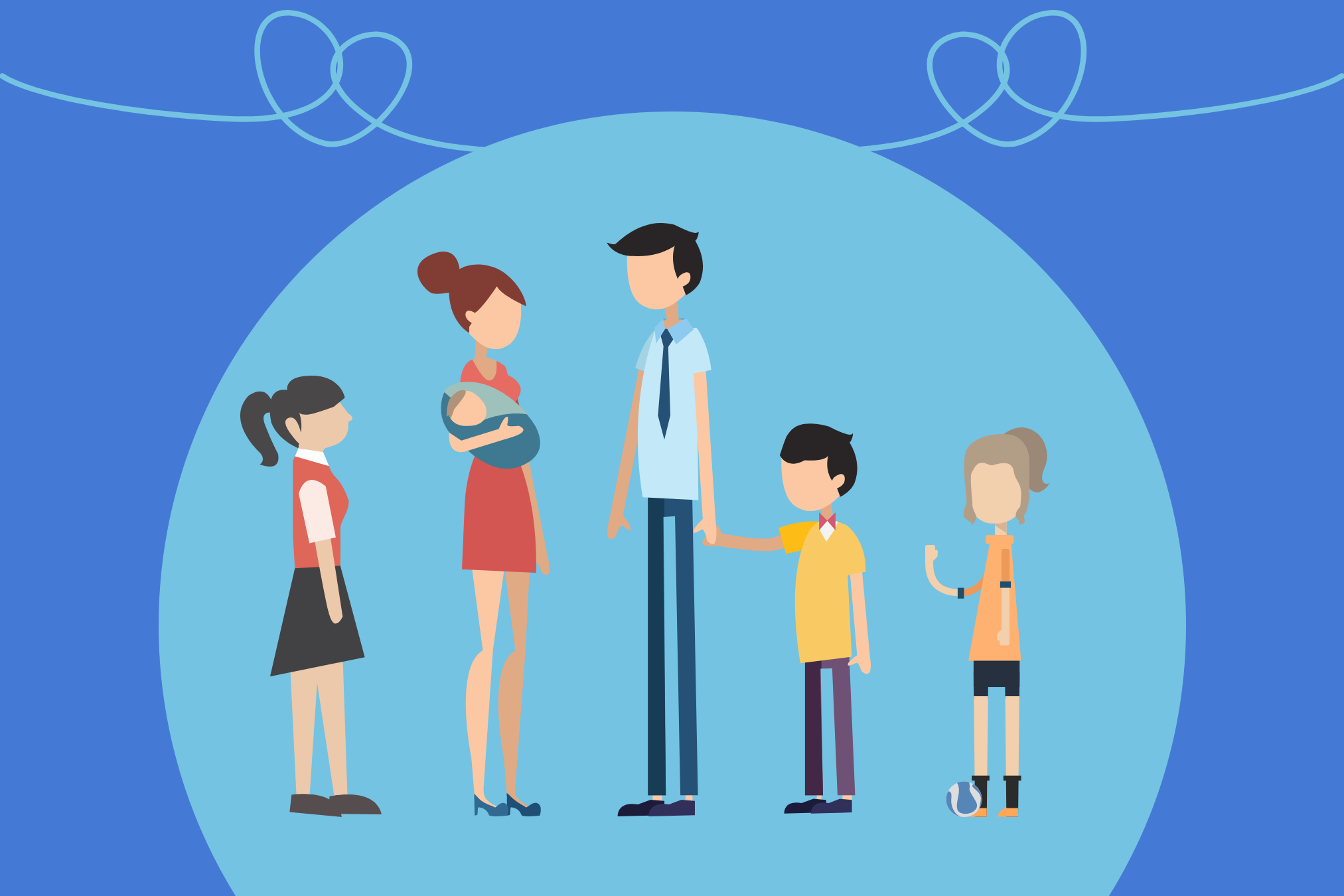Coping with the death of a family member may be the most challenging thing anyone would ever face. Whether it’s a sibling, parent, or spouse, the grief of losing a loved one can be quite intense. [1]
Death is a natural part of life.
However, it’s difficult to accept the fact that the person, with whom you were so close, is no more. It comes with confusion and shock, making you overwhelmed by sadness for a longer period. [2]
While some people can endure the loss and move on with their own lives, others may struggle to deal with the grief that hampers their daily life.
Dealing with the loss is a process that takes time. Although there’s no definite way to make your bereavement easier, some tips may help you to get through it without causing any permanent damage to the other areas of your life.
Continue reading to learn some strategies that may help you to deal with the loss of your loved ones.
Tips to Cope With The Death of a Family Member
1. Open Up & Talk About It.
Most people isolate themselves after they lose their family members. While it seems easy to deny death and not talk about it, you will eventually become more frustrated and depressed. [3]
It’s important to talk about the loss with someone. Opening up about your feelings may help you start the healing process and move on with your life.
Meet your friends, tell them about your feeling. If you talk to someone who is also experiencing the loss, it will help you to receive and provide emotional support at the same time.
2. Accept What You are Feeling.
Sadness, frustration, anger, and depression are the emotions that are commonly felt during the grieving process. You may experience few or all of these emotions after you lose someone close.
Knowing that all these emotional responses are normal will help you manage your own symptoms. It will also help you console others.
Apart from the emotional changes, you may also feel some physical changes such as insomnia, appetite loss, and even illness. Accepting these changes will help you deal with them effectively.
3. Help Others With Loss.
You may find it challenging to help others while you’re dealing with your own loss. But, it’s important to help other members of your family, especially children to deal with their loss.
How a child deals with the death of a family member depends on certain things such as their developmental stage, family stability, and how you are taking care of them after the incident. [4]
You need to discuss death with your children in an age-appropriate way. Tell them it’s completely okay to be emotional and make them a part of the mourning rituals.
4. Take Care of Yourself.
Most people stop taking care of themselves while they are mourning for their loved ones. Some of them don’t eat regularly, and some of them become alcoholics.
While alcohol will numb the pain and grief for a while, it will do more damage in the long run. It’s important to stay in good health for the sake of your family.
So, eat well, do regular exercises, and take plenty of rest so that you can move forward and take care of your other family members.
5. Celebrate The Memories of Your Loved Ones.
It’s okay to be sad about the loss of your loved one, but focusing too much on their death may prevent you from moving on with your life.
Try to cherish the happy moments you spent when they were alive. Celebrate their lives. Remember the funny things you did together.
You can frame your favorite group photos, create a memorial in their name, or donate to their favorite charity. Doing something that they loved to do may help you become happy again.
6. Give Yourself Time to Recover.
You cannot get over with grief of your loved one’s passing in one night. It may take months and even years. Don’t force yourself to become too busy to forget everything as it won’t do any good.
While you may not get back to normal again, you can give yourself some time. Your pain and sorrow will gradually heal over time, and you will experience improvement in the quality of your life.
7. Ask for Help.
Sometimes mourning for someone can develop into something more serious that’s difficult to handle. You may experience some mental health issues such as depression, PTSD, and complicated grief. [5]
You may find it difficult to move on or accept the loss. In that case, you can ask for help from a psychiatrist to help you deal with the emotions.
Besides, the death of a member may create a rift in the relationship among the family members. In that case, family counseling can help you to deal with the loss and rebuild the relationship.
Where Can You Get a Good Family Counselor?
There are some licensed psychiatrists and counselors to whom you can go for family counseling.
A good counselor will go through the problems the individual member of your family is facing. He/she will help you understand each other so that you can deal with the problems together.
However, if you’re not comfortable visiting a family counselor physically, some online counseling websites can help you.
One of the most trusted online platforms is Regain. It’s an online platform where you can get family counseling from a professional and licensed therapist.
This platform lets you get your desired counseling at your preferable time. All your information will remain safe and won’t be leaked.
Bottom Line
Not everyone reacts to death in the same way, and their coping mechanism is also different.
There’s no fixed period for someone to mourn. With a healthy lifestyle and social support, you will eventually get rid of the sorrow and move on with your life.
It’s important for a family to stay positive and support each other when one of the members dies. Getting overwhelmed by grief and sorrow may have a negative impact on the other members of the family, especially children.
If you find it difficult to focus and take care of your family, you can go for family counseling.
Read Next: Essential Oils for Grief, Sadness, and Loss: How to Use Essential Oils for Grief?





